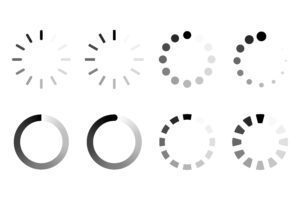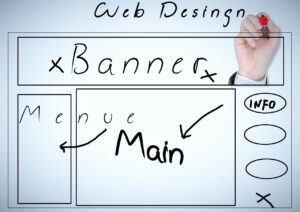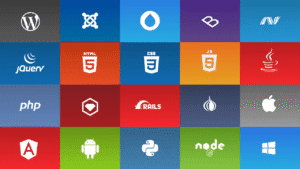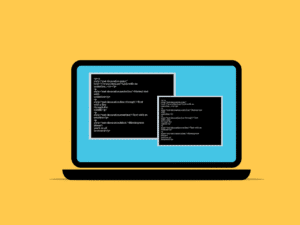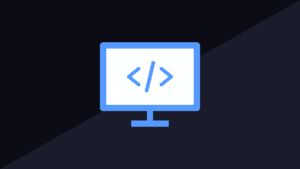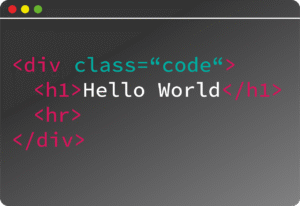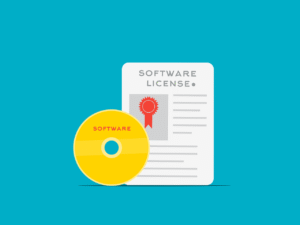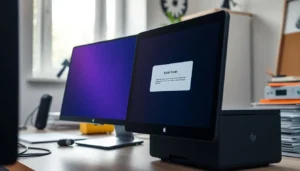Killer Front End Web Dev Courses for 2025: My Top Picks
So, you wanna make snazzy websites that don’t look like they time-traveled from 2005? You need some solid front end chops. Whether you’re just dipping your toes in or sick of being stuck on the basics, there are way too many courses out there. Some are gold, some are…well, you get it. So here’s my no-BS list of the best front end web dev courses for 2025—some free, some paid, all worth your time.
Why Even Bother With a Course?
Look, you *could* try to piece all this together from a million YouTube vids and random blog posts. But, honestly? Structured learning saves you so much headache. You get a roadmap (no more “wait, what’s a flexbox again?” moments), build real projects instead of endless todo apps, and usually have pros showing you the ropes. Plus, finishing a course looks way better on your resume than “watched 73 hours of coding streams.”
Top Front End Web Dev Courses for 2025
1. freeCodeCamp – Responsive Web Design Certification (Free)
– What’s in it: HTML, CSS, Flexbox, Grid, accessibility (so your sites don’t suck for people with screen readers)
– Why it rocks: 300+ HOURS of hands-on stuff. It’s free. It’s self-paced. No catch.
– Who should take it: Total newbies, or anyone who likes learning solo.
– Link: freecodecamp.org
2. Coursera – Meta Front-End Developer Professional Certificate
– What’s in it: Meta (yeah, Facebook) built this thing. HTML, CSS, JavaScript, React, UI/UX design—the works.
– Why it rocks: Real projects, a final capstone, and a fancy certificate to show off.
– Who should take it: You want a big-name credential and serious depth.
– Link: Coursera Meta Front-End
3. Udemy – The Complete Front-End Web Development Course
– What’s in it: HTML5, CSS3, JavaScript, Bootstrap, jQuery, and more buzzwords.
– Why it rocks: Buy it once, keep it forever. Tons of downloadable resources.
– Who should take it: Beginners, especially if you love learning at 2AM in your pajamas.
– Link: Udemy Front-End Course
4. edX – Front-End Web Developer by W3C
– What’s in it: HTML5, CSS, JavaScript. Built by the grandaddies of web standards (W3C).
– Why it rocks: Super legit curriculum. You can get a verified certificate if you want to show off.
– Who should take it: Folks who care about doing things “by the book.”
– Link: edX W3C Front-End
5. Codecademy – Front-End Engineer Career Path
– What’s in it: HTML, CSS, JavaScript, React, testing, and more.
– Why it rocks: You code right in your browser, tons of mini-projects and quizzes.
– Who should take it: If you get bored with just watching videos—this one’s super interactive.
– Link: Codecademy Front-End Path
Picking the Right Course (aka Don’t Just Click the First Ad)
– Know your goals: Want a job? Just tinkering? Trying to impress your cat?
– Learning style: Videos, interactive lessons, reading? If you hate reading, don’t get a book-heavy course.
– Prereqs: Some jump right in, others expect you know basic code.
– Projects: Portfolios > theory. Make sure you’ll build actual stuff.
– Reviews: If everyone says it’s terrible, maybe…skip it?
Final Thoughts (aka Pep Talk Time)
Front end is where the magic happens. These courses aren’t just about slapping together a website—they’re about building cool, real stuff people actually use. Whether you’re broke (hi, freeCodeCamp) or want to splurge for some credentials, investing in learning is honestly the best move if you want into tech. So stop doomscrolling, pick a course, and start making something awesome.
FAQs (Because You’ll Probably Ask)
Do I need to know how to code already?
Nope. Most of these start at zero. Just bring some curiosity (and coffee).
Are free courses actually good?
Totally. freeCodeCamp is legendary. Paid ones might give you more hand-holding and shiny certificates, but free can get you pretty far.
What tech should I focus on?
HTML, CSS, JavaScript. Then, learn a framework like React or Vue.js. Ignore the haters—jQuery is mostly for legacy stuff these days.
And hey, once you’ve got the basics, don’t stop. Try digging into advanced React, performance tricks, or building a killer portfolio. The web isn’t slowing down, and neither should you.
Ready? Go break the internet (in a good way).














